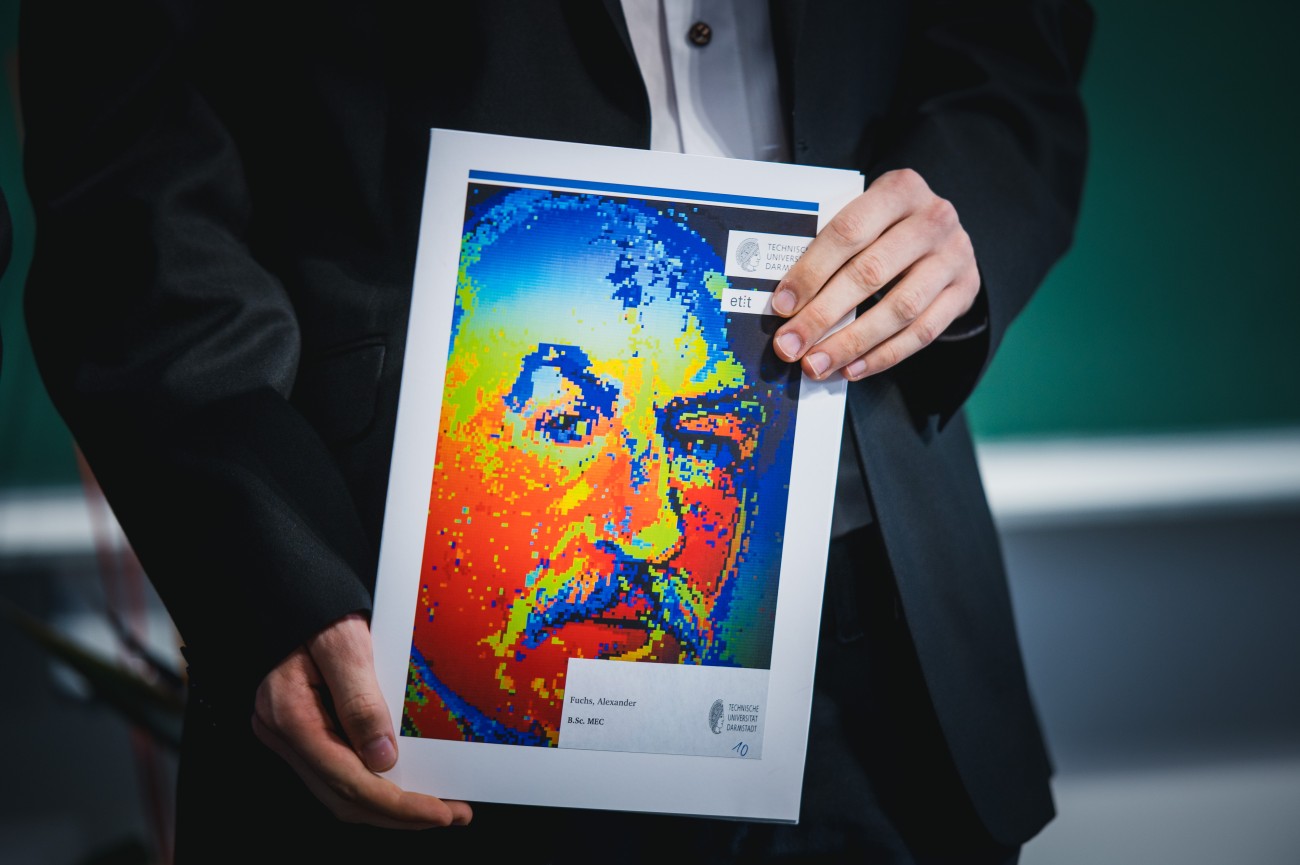Bayesian optimization for the characterization of synthetic circuits
Synthetic Biology / Modeling
Arbeitstyp nach Absprache, Masterarbeit, Proseminar, Studienarbeit, Bachelorarbeit
Instead of doing a grid search we use a learning algorithm, which proposes the new experiment setups in order to find the optimal configuration.
Synthetic logic gates are basic boolean functions expressed using a biological process. For example an AND-gate can be build by using a synthetic biological circuit, with two inputs and one output. The inputs are expressed by two distinct molecules and a third molecule is used for the output. For implementing an AND-gate, the output should be high, if both inputs are high. In all other cases the output should be low. The biological system is subject to different parameters which can be set before starting an experiment run with the synthetic gate. These parameters should be set optimally, such that the AND-Gate has the desired functionality.
The problem is that one experiment can take hours. Even when speeding up the system utilizing parallel experiments with a robotic platform, a full grid search for all possible parameter combinations can take very long.
Prerequisites
There are no hard prerequisites for the task. However, for the theoretical work good mathematical skills are required, as well as programming skills in a high level programming language, such as Python. Basic skills helpful for the task are:
• Knowledge of inference algorithms, e.g., maximum likelihood, Bayesian inference, Hidden-Markov-Models.
• (Convex) Optimization algorithms, such as gradient descent.
• Basic knowledge of differential equations
Publikationen
- Carl Edward Rasmussen: Gaussian processes in machine learning. In Advanced lectures on machine learning, pages 63–71. Springer, 2004
- Peter I Frazier: A tutorial on Bayesian optimization. arXiv preprint arXiv:1807.02811, 2018
- Mathew W. Hoffman: Bayesian optimization. UAI talk: Bayesian optimization, 2018 (accessed September 24, 2020)
- Simo Särkkä and Arno Solin: Applied stochastic differential equations. Applied stochastic differential equations, volume 10. Cambridge University Press, 2019



